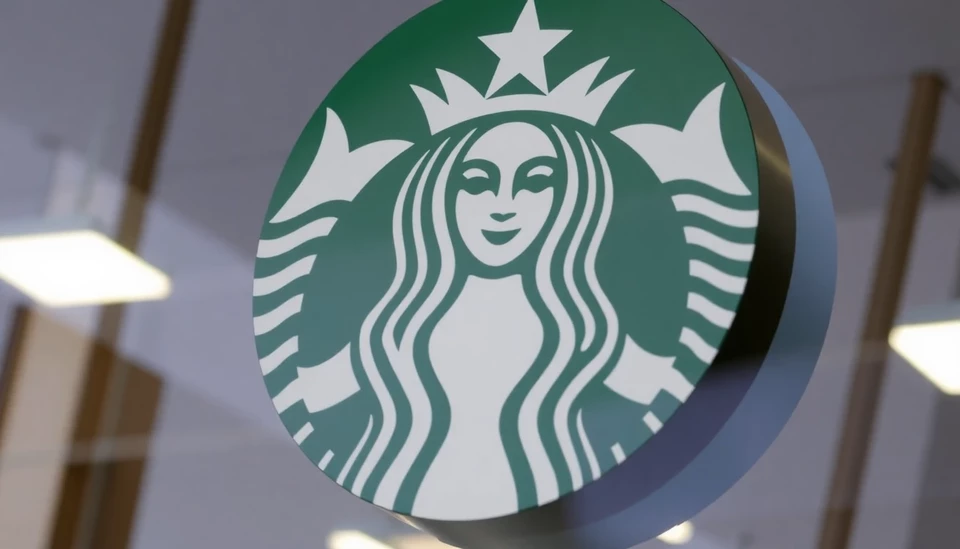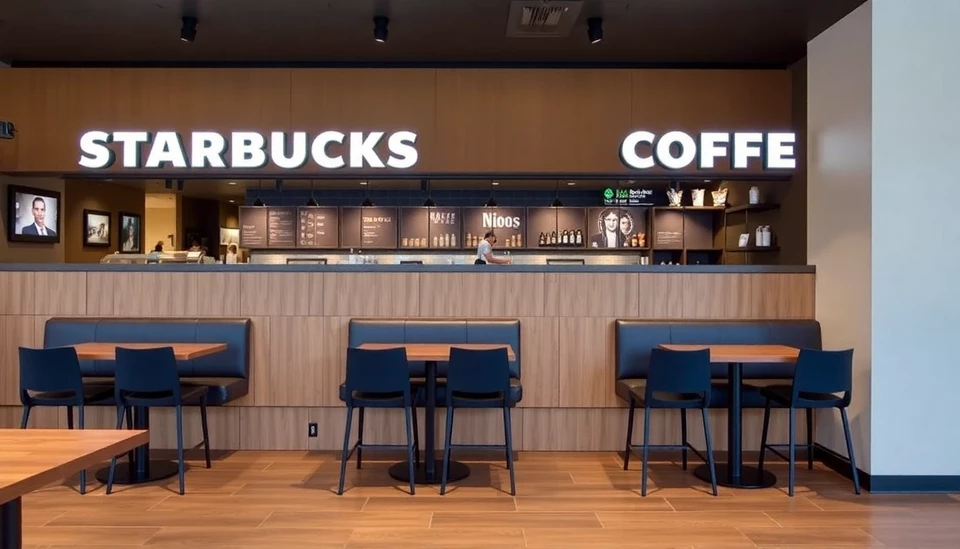
In a bold move that’s sending ripples through its workforce, Starbucks has announced potential repercussions for employees who refuse to return to the office as mandated by company policy. This stringent approach comes as many companies navigate the evolving landscape of remote work and its implications on employee productivity and company culture.
The coffee giant has explicitly communicated to its employees that failure to comply with the return-to-office directive could result in employment termination. This ultimatum serves as part of Starbucks' broader strategy to enhance collaboration among teams and reinforce its corporate culture, which the management believes has suffered with the shift towards remote working arrangements.
Starbucks' CEO, who emphasized the need for in-person collaboration, stated during a recent internal meeting that the return to office policy is essential for fostering a cohesive work environment. The leadership argues that face-to-face interactions are critical for effective team dynamics, innovation, and maintaining Starbucks’ core values.
This policy has sparked a significant response from employees. Many staff members are expressing their discontent over the enforced return, citing concerns over work-life balance and the flexibility that remote working offered during the pandemic. The wider debate surrounding remote work has highlighted a divide between corporate management preferences and employee expectations for flexible work arrangements.
Industry experts are closely monitoring how Starbucks' decision will impact its workforce morale and retention rates. With a growing number of companies adopting hybrid work models, the potential fallout for Starbucks could set a precedent within the industry regarding the treatment of employees resistant to returning to traditional office settings.
As Starbucks seeks to re-establish its pre-pandemic office culture, the company is also facing external pressures from labor organizations, which are advocating for workers' rights and calling for increased flexibility in work arrangements. The criticism from labor advocates may complicate Starbucks' efforts and could lead to potential unrest among its employees if the company does not address their concerns adequately.
The situation at Starbucks reflects a broader trend in the corporate world, where organizations are reviewing their workplace policies in light of changing employee expectations and the lessons learned from the pandemic. As the discourse continues, many firms will be assessing their strategies in regards to the future of work and the balance between management objectives and employee satisfaction.
In the coming weeks, it will be interesting to see how Starbucks navigates this complex environment and whether the company will soften its stance or double down on its commitment to in-office work. With employees' sentiments at stake, the resolution to this dilemma could clearly define Starbucks' corporate culture moving forward.
#Starbucks #ReturnToOffice #RemoteWorkDebate #EmployeeRights #CorporateCulture #WorkplaceFlexibility
Author: Victoria Adams




